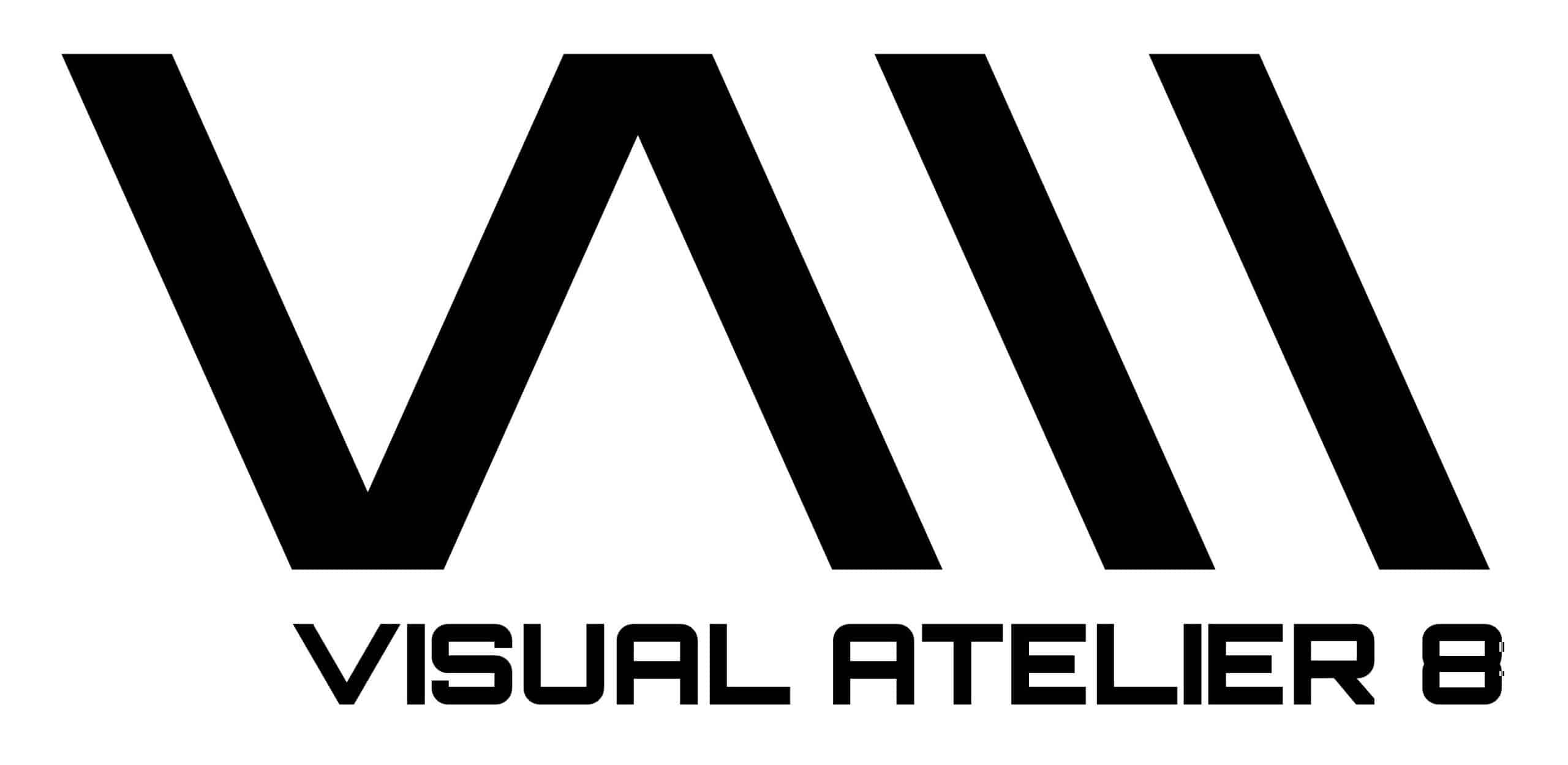
Matt Gondek is a Deconstructive Pop Artist, entrepreneur, and the host of Clean Break, an Art & Business podcast. A self-taught artist with a sharp business sense recognized for his punk rock spirit, Matt celebrates rebellion and destruction with a visceral pop color palette and a disarmingly playful tone, often tearing down cartoon idols in explosive and glaring style.
Across multi-mediums, such as painting, sculpture, and digital art, has carved an impressive niche and gained notoriety with his distinctive essence. Born in 1982 in Pittsburgh, PA (and currently based in Los Angeles), Matt’s creative voice is rooted in the 90s. He boasts sold out exhibitions around the world, including New York, Paris, Los Angeles, Tokyo, and Hong Kong. Celebrity clients include J Balvin and The Weeknd.
Comic books, cartoons and videogames have become the narratives undergirding today’s most successful pop cultural expressions. Why do you think this change occurred, and what does it say about the value of literature, classical theatre and real-world expeditions (old world sources of inspiration)?
I don’t think the value of classical literature, theater, etc. is affected by what’s popular today. “Classical” is timeless. It was the pop culture of its time, but time moves forward, and people from each generation find their own voices, cultures, and experiences. Whatever is popular during their time on Earth is a reflection of that. I think some people view the past and its media through rose-colored glasses, but one example that illustrates my point is that during Shakespeare’s time, his work was thought of in the same regard as a crass sitcom, similar to “The Simpsons” today.


Warhol began with illustration, and evolved into a world-renowned producer of painted images, much like you. His direction and evolution came out of a need to innovate, but also to speak through his productions. You have an intriguing history with stories of emotional struggle. Consciously or subconsciously, how do you think your deeper emotions translate into what you do?
I believe my work is undeniably a byproduct of my upbringing in a small Pennsylvania town, similar to Warhol. My entire childhood (and, admittedly, some of my adulthood) was deeply rooted in watching cartoons, reading comics, and listening to punk rock. When it came time to create artwork that represented my voice, I drew from all these references. I think much of the sense of destruction evident in my work is a result of growing up in the middle of nowhere and experiencing feelings of being lost and angry, something many children go through.
It has been argued that because we have so much content to draw from that remaking what has come before is itself a rich source of new creation (which is true). In your view, does our wealth of cultural materials hinder or stymie our need for novel/original productions?
We can’t fault humanity for their yearning to create. There is such a wealth of cultural materials because, at one point, we all make something. It’s not my place to decide if that helps or hurts us. I can only speak for myself and say that having such a vast pool of inspiration has been beneficial. Original productions still occur and remain attainable if you want them.


Arguments exist that the Western world has been infantilized, what was once deemed immature or non-adult is now respected and holds high cultural position. Do you think it is fair for the past to determine what is or isn’t adult today? Why should cartoons as a communicative form be reserved only for children and not for everyone?
It’s not the past’s place to determine what my generation will find valuable and hold in high esteem. Clearly, it’s important to look back and use the past as a guide, but relying solely on it as a blueprint to dictate your entire life, beliefs, and interests isn’t a good way to live.
There are debates about the place of Toyification in High Art, numerous old guard critics have accepted this form through Koons’, Murakami and others, but this hasn’t come easily. Do you think this evolution towards large toy like sculptures and less “serious” subjects have the right to be criticised? Or are these criticisms evidence of a close-minded view of what art must be?
Everything has the right to be criticized, and the art world will always change. Look at how many people criticized NFTs as “art” two years ago. However, it’s important to remember that many artists were, for the first time, being recognized and finding collectors through their digital work, which is a truly important development. As in every aspect of life, being close-minded hurts more than it helps.


Once you arrive at the point where you have tasted all of your dreams, and have attained social status, wealth and recognition from family and friends, how does one continue to find happiness through their work? Is this done through simply maintaining a specific level of success, and if so, doesn’t this need itself become a new type of struggle? How does one escape this loop?
I believe that anyone who does something solely for social status, wealth, recognition, etc., will ultimately end up unhappy. Those things only bring temporary joy, as I’ve come to realize. The only advice I have is to always find joy in the process of creating the work. All those factors like money, status, etc., will always fluctuate throughout your career. However, as long as you’re producing top-quality work that you find interesting, you can weather the storm.
We are all products of our cultures, and when we grow up in a place where fun and thus happiness equates to meaning, it becomes no wonder why art would eventually come to reflect these feelings. Seeing what’s happening today, and how the youth have access to social media, personal contact with global issues, are facing world crisis etc, what direction do you think American Pop art will take in 30 years time?
Even if you look at the early stages of “Pop Art,” so much has changed. As we all have access to more and more social media, and we all slowly lose our attention spans due to algorithms built into the software, I believe that more and more content will be created, consumed, and forgotten at a faster and faster rate. However, that is what Pop is. It’s the voice of right now, and it’s okay for it to reflect its time in history.

Matt Gondek Website: mattgondek.com

